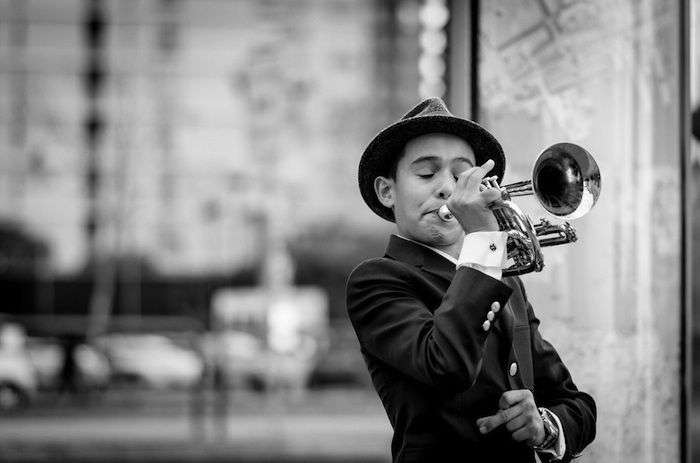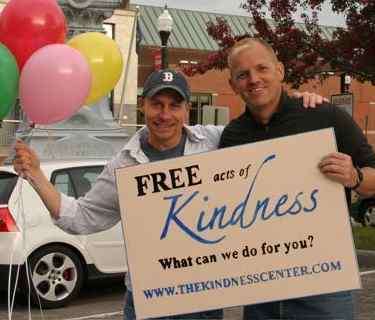He was in the first third grade class I taught at Saint Mary's School in Morris, Minn. All 34 of my students were dear to me, but Mark Eklund was one in a million. He had that happy-to-be-alive attitude that made even his occasional mischievousness delightful.
Mark talked incessantly. I had to remind him again and again that talking without permission was not acceptable. What impressed me so much, though, was his sincere response every time I had to correct him for misbehaving – "Thank you for correcting me, Sister!" I didn't know what to make of it at first, but before long I became accustomed to hearing it many times a day.
At the end of the year, I was asked to teach junior-high math. The years flew by, and before I knew it Mark was in my classroom again. He was more handsome than ever and just as polite. Since he had to listen carefully to my instruction in the "new math," he did not talk as much in ninth grade as he had in third.
It took the remainder of the class period to finish their assignment, and as the students left the room, each one handed me the papers.
That Saturday, I wrote down the name of each student on a separate sheet of paper, and I listed what everyone else had said about that individual. On Monday I gave each student his or her list.
Before long, the entire class was smiling. "Really?" I heard whispered. "I never knew that meant anything to anyone!" "I didn't know others liked me so much." The exercise had accomplished its purpose. The students were happy with themselves and one another again.
Several years later, after I returned from vacation, my parents met me at the airport. As we were driving home, my father cleared his throat as he usually did before saying something important.
"The Eklunds called last night," he began. "Really?" I said. "I haven't heard from them in years. I wonder how Mark is." Dad responded quietly. "Mark was killed in Vietnam," he said. "The funeral is tomorrow, and his parents would like it if you could attend."
It was difficult enough at the graveside. The pastor said the usual prayers, and the bugler played taps. One by one those who loved Mark took a last walk by the coffin. As I stood there, one of the soldiers who acted as pallbearer came up to me.
"Were you Mark's math teacher?" he asked. I nodded as I continued to stare at the coffin. "Mark talked about you a lot," he said.
After the funeral, most of Mark's former classmates headed to Chuck's farmhouse for lunch. Mark's mother and father were there, obviously waiting for me. "We want to show you something," his father said, taking a wallet out of his pocket. "They found this on Mark when he was killed. We thought you might recognize it."
Opening the billfold, he carefully removed two worn pieces of notebook paper that had once been taped, folded and refolded many times. I knew without looking that the papers were the ones on which I had listed all the good things each of Mark's classmates had said about him. "Thank you so much for doing that," Mark's mother said. "As you can see, Mark treasured it."
Mark's classmates started to gather around us. Charlie smiled rather sheepishly and said, "I still have my list. It's in the top drawer of my desk at home."
Chuck's wife said, "Chuck asked me to put his in our wedding album."
"I have mine too," Marilyn said. "It's in my diary."
The purpose of this essay is to encourage everyone to compliment the people you love and care about. We often tend to forget the importance of showing our affections and love. Sometimes the smallest of things, could mean the most to another. Express your love and caring by complimenting and being open with communication. We forget that life will end one day. And we don't know when that one day will be. Tell the people you love and care for, that they are special and important. Tell them, before it is too late.










Be the first to comment